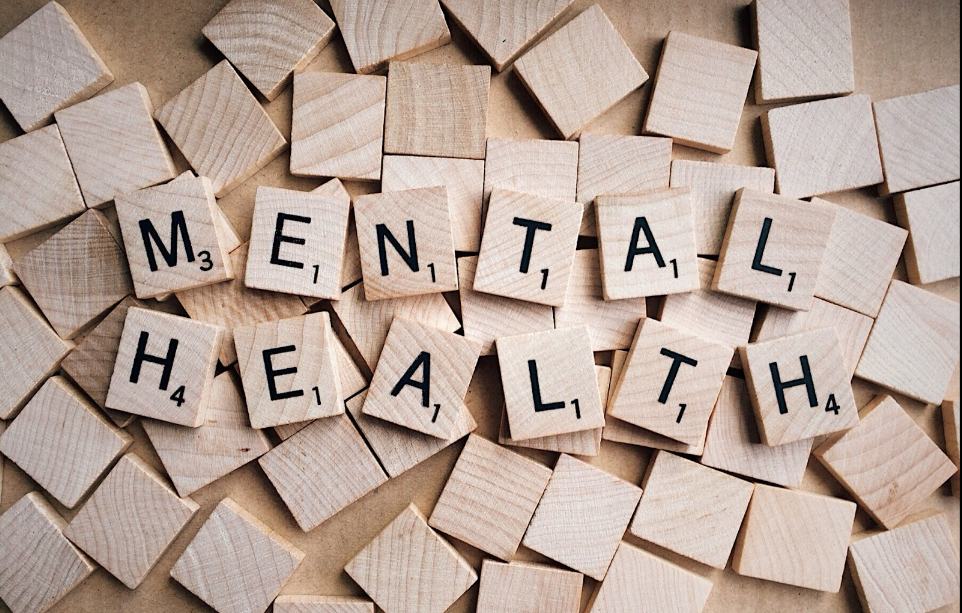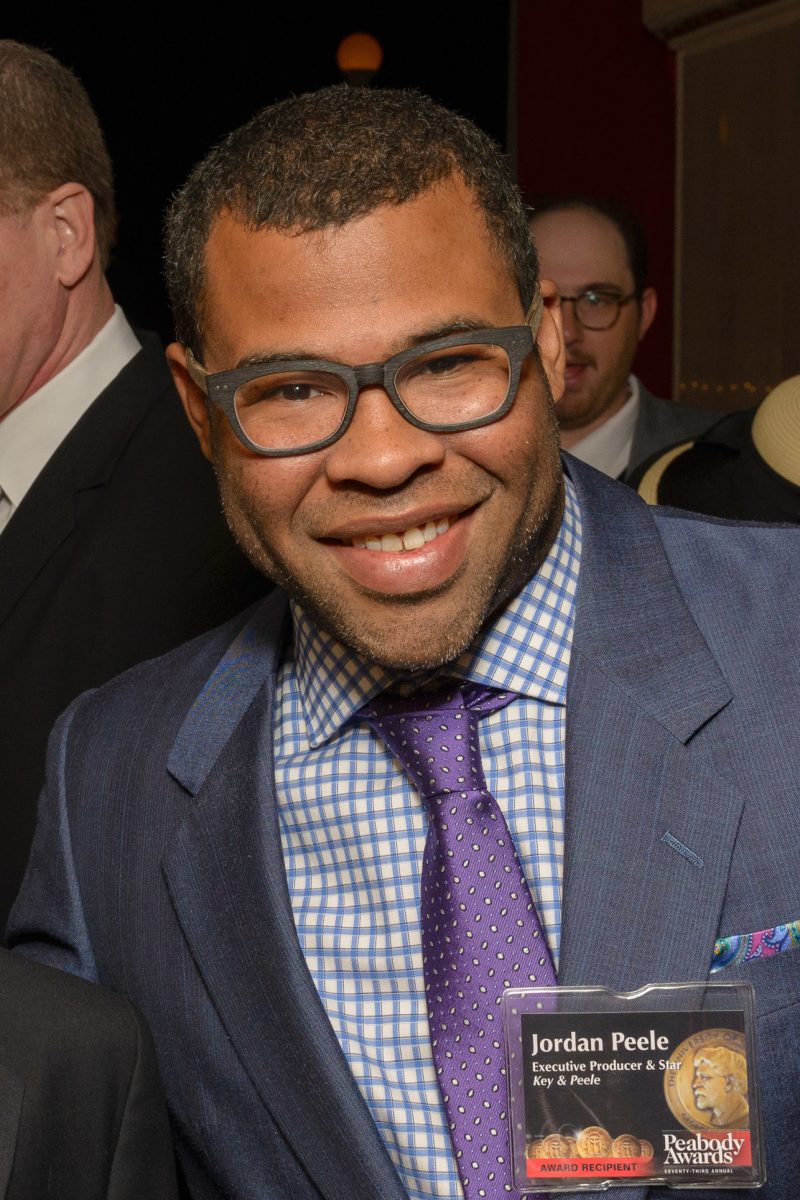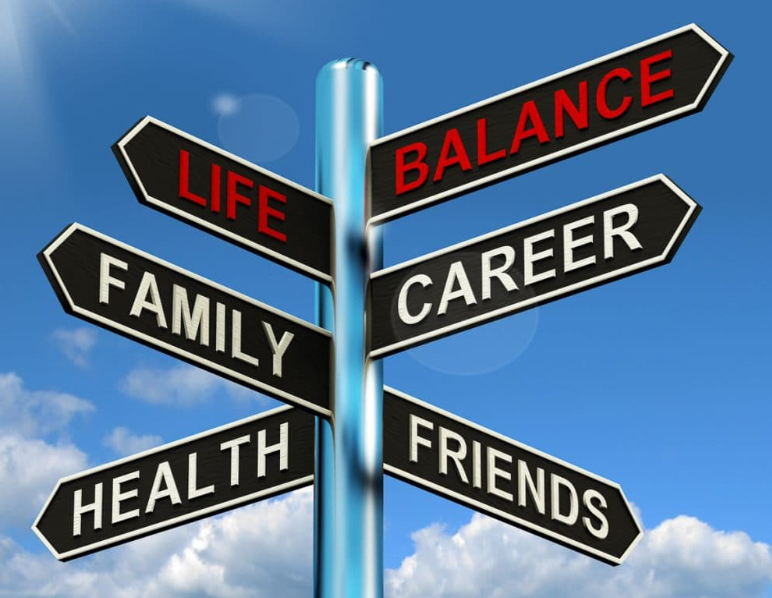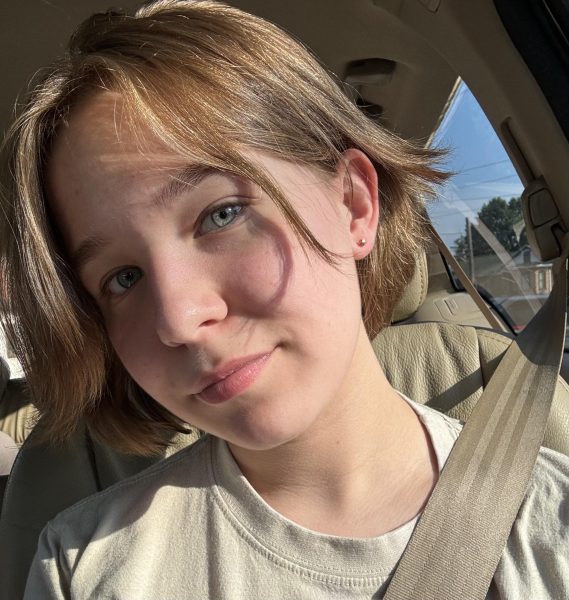Treatment for mental health issues is a complicated subject. There is a lot of stigma surrounding struggling with your mental health as well as seeking professional guidance for those struggles, which can make those in need of support wary to reach out. For some, getting help even after reaching out can be very difficult due to financial inaccessibility, unresponsive guardians or loved ones, or a shortage of available professionals.
All of these issues necessitate the question: what can we do to help? All of those affected by the mental health crisis must ask this. Unfortunately and unfairly, only some of those who ask have viable solutions.
One thing that many people try is therapy. Therapy can be extremely helpful in some cases, given the right therapist. The growing problem with this, however, is a severe shortage of trained and available therapists, and the financial burden that those without insurance to cover therapy must endure. For those who can find professional therapists in their area, one therapy session can cost between $100 to $200 without insurance in the US, making essential mental health support financially inaccessible to too many people. One downside of therapy, finances and availability aside, is that it is not a quick fix. Therapy is ongoing; it takes time to get to know a new therapist and to feel comfortable enough to delve into the subjects that necessitate going to therapy.
Some people who are struggling may need faster and more intensive treatment than traditional therapy. While there are options like inpatient treatment in a hospital and outpatient treatment programs, these places can take from weeks to even months to wait for; a time that some are not able to afford. There is such an incredible number of people in need of support, and only so many therapists, only so many places in treatment facilities and only so many professionals. Once again, even considering these options is under the ideal circumstance of being financially stable enough and aided by insurance coverage.
The knowledge that there is a long way to go in making treatment accessible to those in need can be discouraging. There is a lot to be done, and it will take awareness and action in the community of both professionals and mental health communities to get there. This does not mean that we can’t do it, though. We can spread awareness of healthy coping skills via social media and by talking to those around us. We can talk to principals, parents and other authorities that surround us about more accessible resources regarding mental health. We can continue trying and telling people that there are ways to get better because there really are, we just need to keep them at the forefront of our minds and our society.
However, the healing process is not a short one. It’s a process that may involve years of ups and downs, and there will be times when you may wonder if it’s even worth it. With that being said, healing is absolutely worth it. After all, joy is more meaningful after experiencing pain, and you’ll be stronger.
With the knowledge that professional treatment can take a long time to obtain access to (if access is obtained at all) wanting to be there for someone who is struggling is only natural. Knowing that someone you love is in pain can be a really difficult pill to swallow, and in that situation, many people will do anything and everything they can to try to help their loved one.
Where this presents an issue though, is when you can’t help them. When you listen, when you’re there, when you remind them to take care of themselves and remind them that they are cared about and tell them that it is okay to take a break, and they still are not okay. Doing everything you can to help, and your efforts seeming futile, can be entirely paralyzing. It can leave you asking what you’re doing wrong, and whether you’re making it worse, and in the end, often damaging your own mental health. This may be difficult to face, but it’s the truth.
You cannot always be there for the people you love.
As a follow up- this does not make you a bad friend. It does not make you a bad kid or a bad family member or a bad person. Put simply, the only thing that this defines is your humanness. It is human to want to make people feel better. It is also human to not be able to do that. Your loved ones need more support than just one person can give. They may need a therapist, their parents, friends, doctors, family members, teachers and, most of all, they need to want to get better.
You cannot force someone to want to get better, and trying to do that will only make the process more painful for both of you. Even when people do have professional resources, wanting to get better can take time. Having the tools and the mindset to want to get better can take time. You are allowed to give them that time without damaging your own mental health in the process. If this means allowing them to come to you when they need to talk, rather than constantly checking up on them, that is okay. If this means telling them that you are not in the mental space to be able to listen to them right now, that is okay. If this means talking to other people who know them to get them the support system they need, that is okay. You are not responsible for other people’s well-being before your own.
At the end of the day, we need to be able to keep ourselves healthy, not just so that we can be there for those around us, but because we are the only people that we spend the rest of our lives with. We need to do our best to make that person feel comfortable, safe, cared for and loved before we can do anything to keep others afloat as well.
















